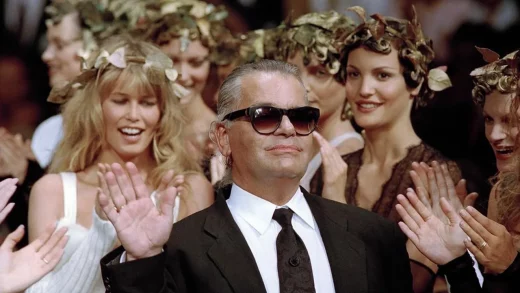
In an interview with Game Informer that went up over the weekend, Naughty Dog co-presidents Evan Wells and Neil Druckmann say the company is working to improve work-life balance with a new set of working groups.
In response to a question about crunch and unionization, Wells and Druckmann gave somewhat demurring answers that delved into the “passion” of Naughty Dog employees.
Druckmann however did give some specific examples of what the company is doing to improve work-life balance after a string of reports indicated that employees were working intense, unhealthy overtime to complete games like The Last of Us Part II.
“We have so many talented people that are good at solving problems, whether they’re creative or technical,” Druckmann explained. “We’re looking at quality of life for preventing burnout, to employ the brain power we have in our studio, and we started coming up with working groups to talk about the areas in the studio where we can improve.”
“We worked a particular way when we’re 40 people, now we have to evolve as we keep growing.”
This seems to be one of the first times that Naughty Dog’s leadership has publicly discussed complaints about extensive, sometimes chaotic work hours that have emerged in news reports and from former employees. Druckmann and Wells also said that the company has recently implemented more team leads and directors in order to manage work hours and try to balance the needs of employees against company’s production schedule.
After the interview went up, several game developers on Twitter seemed frustrated by Wells and Druckmann’s soft defense of crunch in the name of passionate employees.
“We’ve got to create an environment that allows that. If we had some sort of restriction where when the clock strikes 40 hours the servers shut down and you can’t work anymore, that would frustrate people to no end,” Wells argued. “There are people who really want to put in that extra polish on their own volition, and they would feel handcuffed.”
Druckmann also gave the example of a developer requesting an exemption from a “No Sundays” rule because they’d hoped to spend Fridays with their child.
Critics pointed out that even if some employees do their best to maintain a 40-hour workweek, their workloads can be influenced by coworkers putting in those extra hours to build new features or follow their passions.
Obsidian Entertainment game director Carrie Patel broke down some examples of this in a Twitter thread. If say, a quest designer pulled extra hours to implement a new quest in a game like The Outer Worlds, that creates work for the narrative team, the combat team, environment art, audio, and QA, who all need to accommodate that extra work into their schedules.
And the extra workload aside, Patel pointed out this practice starts to impact relationships between employees. Martyrs see the rest of the team as less committed and become more secretive about their work,” she wrote. “Others develop mistrust or resentment for the martyrs. Communication and collaboration break down.”
And then of course there’s the all-too-familiar experience of developers crunching to get the game out the door on time just to protect their jobs. For directors, “it’s easy to misread that as passion,” Patel said.


